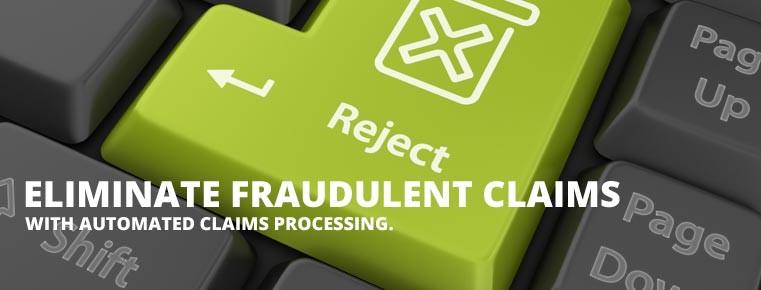Extended Warranty: The Art Of Building Customer Loyalty

The rationale behind a manufacturer offering warranty and extended warranty is about the same. However, the difference is that just warranty on a consumer vehicle is mainly for legal compliance. Irrespective of the product, the law is that manufacturers are bound to provide full value for money.
It makes sense for manufacturers to extend warranty on a product as it indicates confidence. The buyer also gains confidence that the product will not cause him trouble. The customer views a warranty as insurance: should the vehicle cause any problem, the manufacturer will rectify the defect at no extra cost. A warranty for a new vehicle is therefore a great feature for increasing sales. Today, no customer will buy a vehicle without warranty. Although extended warranty has received criticism in recent years, paying for it seems to be a more popular option than not paying for it.
In certain ways, extended warranty is based on the same philosophy, but there are subtle differences. The customer deliberately pays extra for the extended warranty, but treats the extra cost as a kind of insurance being paid up front. The extra cost is expected to be amortized at the time of a defect in case it appears.
The customer is only too happy that when an untoward defect does happen, finances won’t be an issue. Warranty administration, on the other hand, demands that extended warranty be sold to customers as a way to increase revenue, while the spinoff comes in the form of building customer loyalty. To the customer, that means a peace of mind. There is the feeling that financing a potential repair would have been worse. It is another issue that he may never need a repair.
If the customer does not need a repair, it speaks well of the reliability of the vehicle and this fact will bolster the confidence of the customer in the manufacturer, the brand, and the product.
There are yet two other points that are common to both, warranty coverage and extended warranty coverage. When customers have warranty or extended warranty coverage, they know that the law is on their side. This gives adequate confidence since the automotive shop would definitely wish to stay on the right side just so that they continue to get future business from the manufacturer. The second point refers to the resale value of the car. A car with warranty coverage will always fetch a higher price in the resale market.
A warranty or extended warranty therefore makes good commercial sense from the viewpoint of the manufacturer. Since in a new car, an extended warranty represents an effective sales incentive, the coverage is good warranty administration. To the manufacturer, customer loyalty is a bonus while there will naturally be an increase in competitiveness due to extended warranty. There will also be a promotion in the after-sales business as well as an image enhancement due to the offer of additional service.
